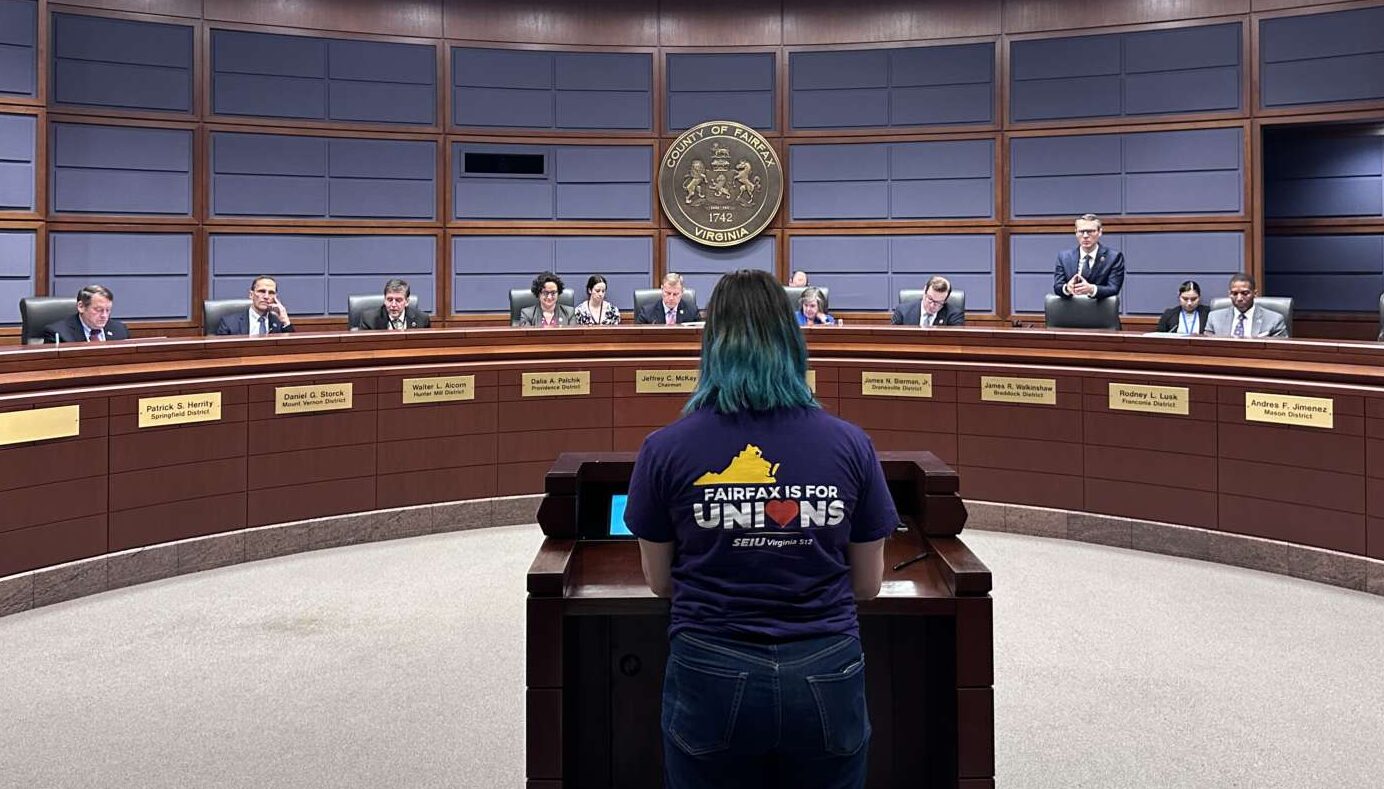This is a sponsored column by attorneys John Berry and Kimberly Berry of Berry & Berry, PLLC, an employment and labor law firm located in Plaza America in Reston that specializes in federal employee, security clearance, retirement, and private sector employee matters.
The White House recently asked states to enact legislation banning non-compete agreements for low-wage workers in an effort to increase competition and improve the economy.
In a White House report issued on Oct. 25, 2016, it explained that these types of agreements often prevent out-of-work employees from finding new jobs in their career fields. The White House also stated that these non-compete agreements interfere with worker mobility.
A non-compete agreement typically bars an employee from working for a competitor or starting his or her own business once the employee leaves the employer.
The White House report cited the fact that 20 percent of U.S. workers have signed non-compete agreements preventing them from working for competitors. The figure included an approximate 17 percent of employees who do not hold a college degree.
As such, the White House is requesting that states pass bans on non-compete agreements for workers who do not possess trade secrets. Additionally, the White House is asking that states require companies to be more transparent about contracts.
The three principal recommendations in the White House report on state changes to non-compete agreements include:
- Enact State Bans on Non-Compete Clauses for Certain Categories of Workers: (1) workers under a certain wage threshold; (2) workers in certain occupations involving public health and safety; (3) workers who are unlikely to possess trade secrets; or (4) those who may suffer undue adverse impacts from non-competes, such as workers laid off or terminated without cause.
- Improvement in Transparency and Fairness: of non-compete agreements by, for example, disallowing non-competes unless they are proposed before a job offer or significant promotion has been accepted (because an applicant who has accepted an offer and declined other positions may have less bargaining power); providing consideration over and above continued employment for workers who sign non-compete agreements; or encouraging employers to better inform workers about the law in their state and the existence of non-competes in contracts and how they work.
- Give Incentives to Employers: to write enforceable contracts, and encourage the elimination of unenforceable provisions by, for example, promoting the use of the “red pencil doctrine,” which renders contracts with unenforceable provisions void in their entirety.
These proposed changes are hopefully raising more awareness regarding the issue of arbitrary and meaningless overuse of certain non-compete agreements.
Unfortunately, it is not uncommon to see lower wage-earning employees being forced to sign unnecessary and overly restrictive non-compete agreements. However, there have been some positive developments, and three states have already enacted changes to non-compete agreements, including California, Oklahoma and North Dakota.
If you need assistance with a non-compete agreement or other employment matter, please contact our office at (703) 668-0070 or at www.berrylegal.com to schedule a consultation. Please also visit and like us on Facebook.






